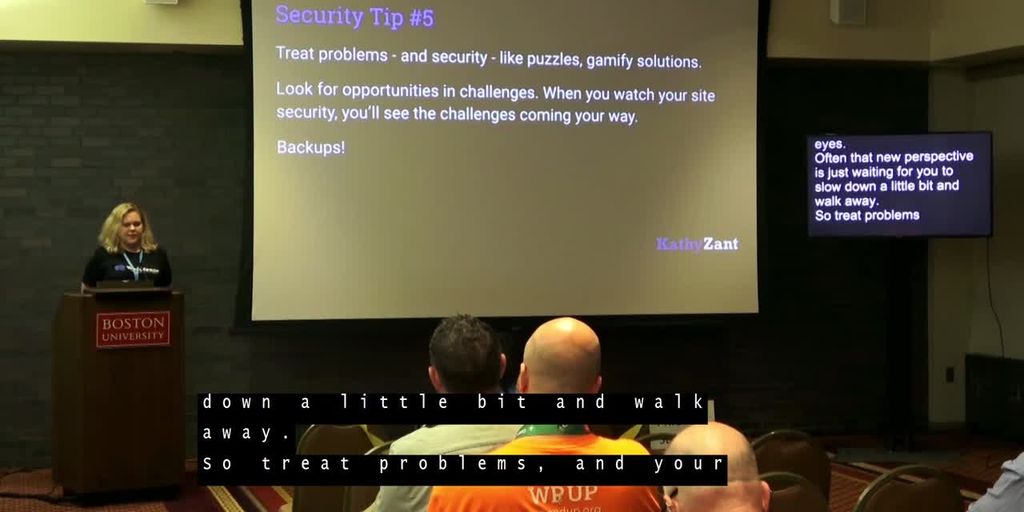
Parenting can present various challenges, but there are strategies and resources available to help parents navigate and overcome these obstacles. By understanding common parenting challenges and their potential impact, parents can proactively seek strategies and resources to create a positive and loving environment for their children. This article explores effective techniques such as building resilience in children, fostering effective communication, seeking professional support, and balancing parenting responsibilities to help parents thrive on their parenting journey.
Key Takeaways
- Understanding common parenting challenges helps parents proactively seek effective strategies and resources.
- Building resilience in children involves encouraging independence, fostering emotional intelligence, and promoting problem-solving skills.
- Effective communication with children includes active listening, age-appropriate conversations, and non-verbal communication.
- Seeking professional support and accessing community resources can provide valuable insights and practical guidance.
- Balancing parenting responsibilities requires time management, sharing responsibilities, and prioritizing self-care for parents.
Understanding Common Parenting Challenges

Parenting is a rewarding yet challenging journey that presents various obstacles and hurdles along the way. Understanding these challenges is essential for parents to navigate them effectively and create a nurturing environment for their children. Let’s explore some common parenting challenges and the impact they can have on families.
Building Resilience in Children

Helping children develop resilience is crucial for navigating challenges and setbacks in life. Resilience equips children with the ability to bounce back from adversity and face life’s challenges with a positive attitude. Here are some ways parents can foster resilience in their children:
Encouraging Independence
Encouraging children to take on age-appropriate tasks and responsibilities helps them develop a sense of independence. Fostering a supportive environment where children feel safe to make mistakes and learn from them is essential. This includes providing opportunities for children to make decisions and solve problems on their own.
Fostering Emotional Intelligence
Emotional intelligence is key to resilience. Show children how to handle stress and setbacks by demonstrating positive coping strategies and a problem-solving attitude. Practice verbally expressing emotions and encourage children to do the same. This helps them understand and manage their feelings effectively.
Promoting Problem-Solving Skills
Teach children how to identify and solve problems on their own. This helps them develop a sense of independence and confidence in their abilities. Encourage a belief in the power of effort and perseverance. Help children understand that mistakes and failures are opportunities for learning and growth.
By nurturing resilience in children, parents can help them face challenges with resilience and confidence.
Effective Communication with Children

Communication is a vital aspect of parenting, especially when addressing challenges and building strong relationships with children. Here are some tips for effective communication:
Active Listening Techniques
Give your full attention to your child when they are speaking. Show understanding and empathy by paraphrasing and reflecting their feelings. Active listening helps children feel valued and understood.
Age-Appropriate Conversations
Tailor your communication style and language to your child’s age and developmental stage. This helps ensure they understand and engage in the conversation. Use simple words and concepts for younger children and more complex language for older kids.
Non-Verbal Communication
Pay attention to non-verbal cues such as body language and facial expressions. This can provide insight into your child’s emotions and help you respond appropriately. Non-verbal communication is just as important as verbal communication in understanding your child’s needs.
Effective communication is key in any relationship, including the one you have with your child. It’s important to communicate openly and honestly with your child, even when it may be difficult.
Seeking Professional Support and Resources

When to Seek Help
Recognizing when to seek help is crucial for effective parenting. Seeking support is not a sign of weakness, but rather a proactive step toward finding solutions and building resilience. If you notice persistent stress, emotional difficulties, or behavioral issues in your family, it may be time to consult a professional.
Types of Professional Support
Parents facing challenges can benefit from the support and guidance of professionals who specialize in working with families. Some options include:
- Family therapists
- Social workers
- Parenting educators
- Family support workers
These professionals can offer insights, strategies, and practical advice tailored to the specific needs of the family.
Accessing Community Resources
In addition to professional support, there are various resources available to parents facing challenges. These resources may include online platforms, books, workshops, and support groups. They can provide information, guidance, and a sense of community, allowing parents to connect with others who may be facing similar circumstances. By accessing these resources, parents can gain knowledge, find comfort, and obtain practical tips for overcoming their specific challenges.
Remember, seeking support is not a sign of weakness, but rather a proactive step toward finding solutions and building resilience. By reaching out and accessing the necessary resources, parents can navigate parenting challenges more effectively.
Balancing Parenting Responsibilities

Time Management Strategies
Effective time management is crucial for balancing parenting responsibilities. Prioritizing tasks and creating a daily schedule can help parents stay organized and ensure that essential duties are completed. Consider using tools like calendars, planners, or digital apps to keep track of appointments and deadlines. Breaking down larger tasks into smaller, manageable steps can also make them less overwhelming.
Sharing Responsibilities
Sharing responsibilities with a partner or other family members can lighten the load and create a more balanced home environment. Open communication about each person’s strengths and availability can help in delegating tasks effectively. It’s important to regularly reassess and adjust these roles as needed to ensure fairness and efficiency.
Self-Care for Parents
Parents often neglect their own needs while focusing on their children. However, self-care is essential for maintaining overall well-being and being able to care for others effectively. This can include activities like exercise, hobbies, or simply taking a few moments of quiet time each day. Remember, taking care of yourself is not selfish; it’s necessary for sustainable parenting.
Balancing parenting responsibilities requires intentional effort and flexibility. By managing time wisely, sharing duties, and prioritizing self-care, parents can create a more harmonious and supportive home environment.
Navigating Discipline and Behavior Issues

Positive Reinforcement
Positive reinforcement is a powerful tool in shaping children’s behavior. By rewarding desired behaviors, parents can encourage their children to repeat those actions. This can be done through verbal praise, small rewards, or extra privileges. Discipline should focus on teaching children appropriate behavior rather than solely punishing undesirable behavior.
Setting Boundaries
Setting consistent boundaries and rules for children is essential but can be a source of conflict and confusion within the family dynamic. It is important for parents to explain the reasons behind the consequences and offer guidance on how to make better choices in the future. This helps children understand the purpose and importance behind the rules, making it more likely for them to adhere to them.
Consistency in Discipline
Consistency in discipline means applying rules and consequences consistently across different situations and over time. It is important for parents to follow through with consequences and avoid making exceptions based on mood or circumstances. This helps children understand that rules are not negotiable and promotes a sense of fairness.
By implementing consistent discipline, parents provide children with a framework for understanding boundaries and developing self-control.
Creating a Supportive Home Environment

Creating a supportive home environment is essential for the well-being and development of children. By focusing on nurturing emotional connections, promoting healthy family dynamics, and strengthening the parent-child bond, families can create a supportive and loving environment. These strategies can help build strong relationships and foster positive interactions among family members. Remember, each family is unique, so it’s important to tailor these strategies to fit your specific family dynamics and needs.
Conclusion
Parenting is a journey filled with both joys and challenges. By understanding common parenting hurdles and proactively seeking strategies and resources, parents can navigate these obstacles more effectively. Key approaches such as building resilience in children, fostering effective communication, and seeking support from professionals and resources are essential in creating a positive and loving environment. Remember, you are not alone in this journey. With the right tools and support systems, you can overcome parenting challenges and thrive as a caregiver, ensuring a nurturing and supportive upbringing for your children.
Frequently Asked Questions
What are some common parenting challenges?
Common parenting challenges include managing stress, maintaining family dynamics, addressing long-term effects of parenting decisions, and dealing with discipline and behavior issues.
How can I build resilience in my child?
You can build resilience in your child by encouraging independence, fostering emotional intelligence, and promoting problem-solving skills.
What are effective communication techniques with children?
Effective communication techniques with children include active listening, having age-appropriate conversations, and using non-verbal communication.
When should I seek professional support for parenting challenges?
You should seek professional support when you feel overwhelmed, notice persistent behavioral issues in your child, or need guidance on specific parenting strategies.
How can I balance parenting responsibilities with other aspects of my life?
Balancing parenting responsibilities can be achieved through time management strategies, sharing responsibilities with your partner or family members, and prioritizing self-care.
What are some strategies for navigating discipline and behavior issues?
Strategies for navigating discipline and behavior issues include using positive reinforcement, setting clear boundaries, and maintaining consistency in discipline.






